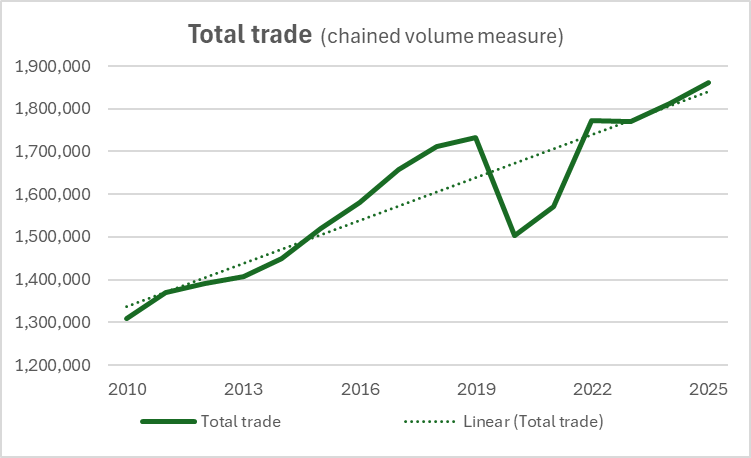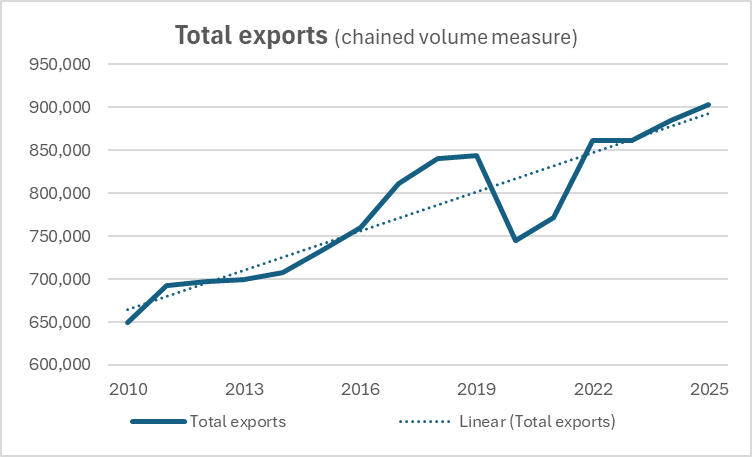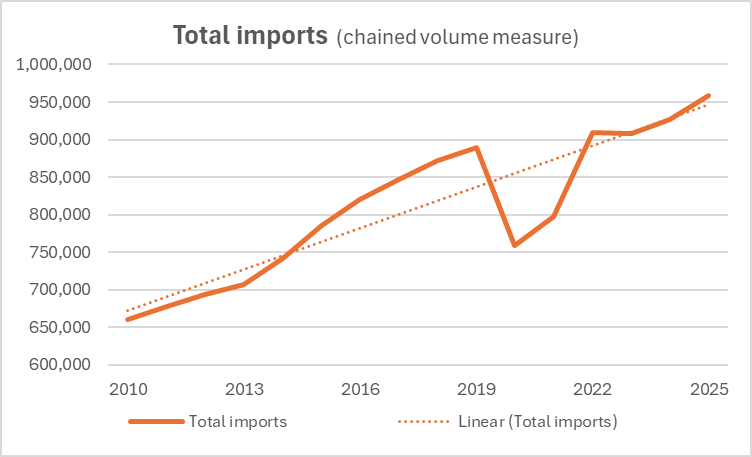Very glad that @hannahITV is holding Ministers to account on this.
For too long they have got away with introducing restrictions that are high cost but which have little or no effect.
For too long they have got away with introducing restrictions that are high cost but which have little or no effect.
https://twitter.com/hannahITV/status/1308456663469432833
There is a similar issue with social mixing restrictions imposed first in the NW and which seem to have had little or no impact in reducing positive tests.
So why on earth does @BorisJohnson et al expect measures like the law of 6 to work nationwide?
So why on earth does @BorisJohnson et al expect measures like the law of 6 to work nationwide?
Same with compulsory masks. No evidence they have slowed positive tests when introduced for public transport, shops or other venues, and in different parts of the UK at different times.
Again, why do Ministers think extending compulsory masks to pubs/cafes will help?
Again, why do Ministers think extending compulsory masks to pubs/cafes will help?
Ministers seem to be selecting restrictive measures almost at random from the "high cost but little or no evidence they will be effective" shelf.
• • •
Missing some Tweet in this thread? You can try to
force a refresh
















